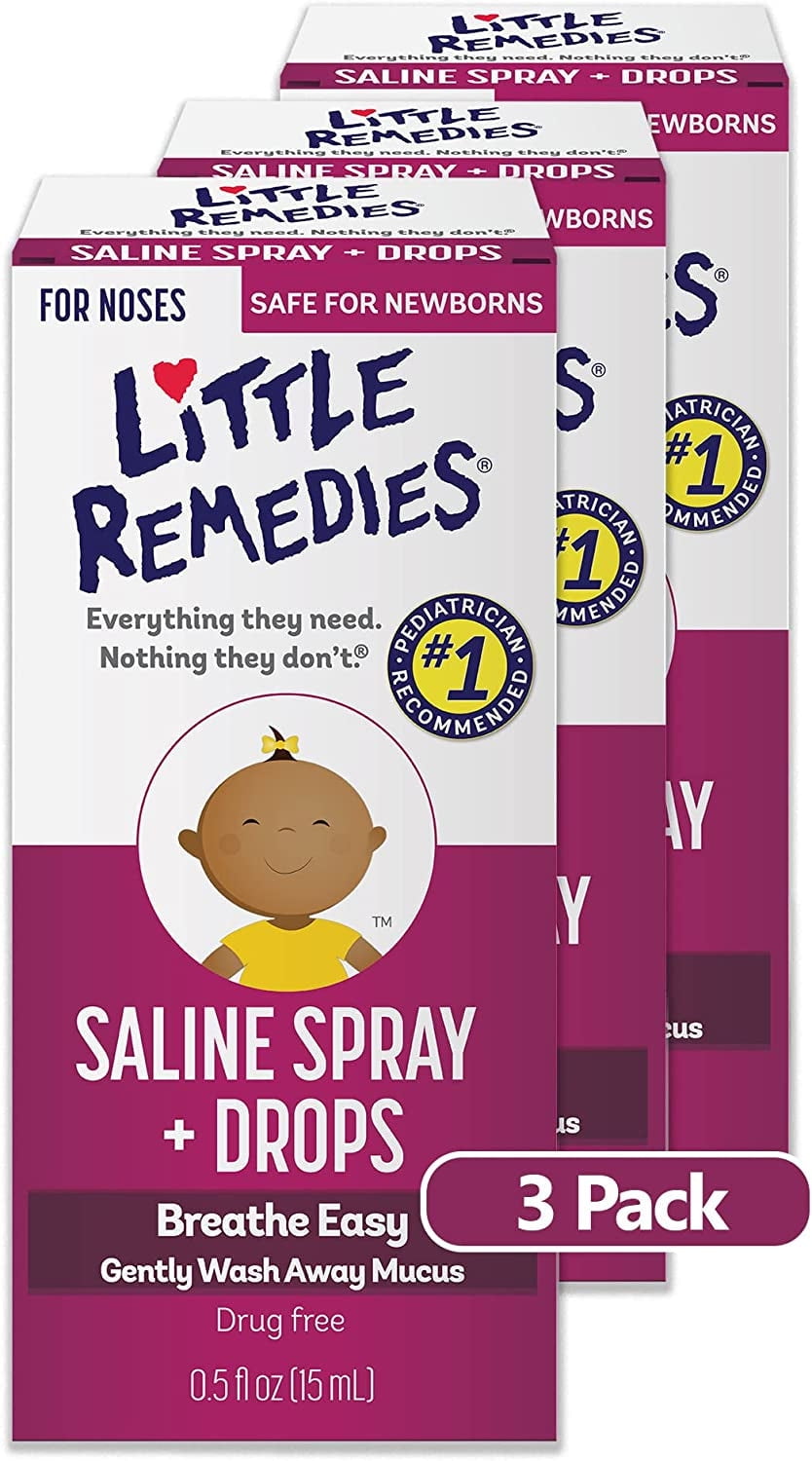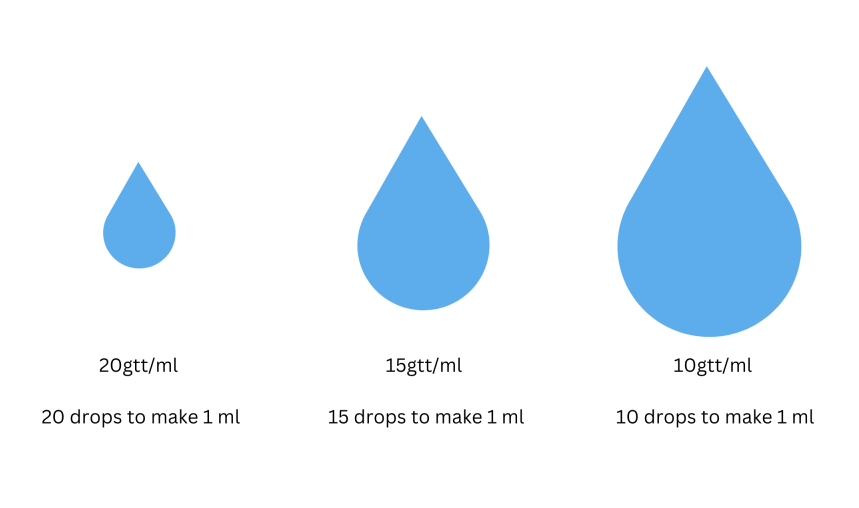Is Drip Drop Safe For Kids
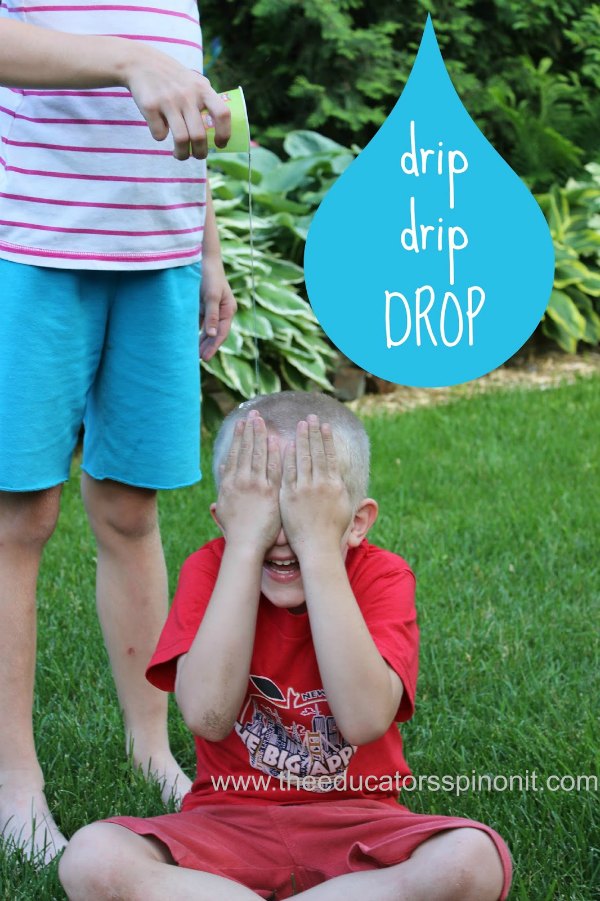
The sun beats down on the Little League field, the air thick with the scent of freshly cut grass and sunscreen. Cheers erupt from the stands as a young batter rounds third, sliding into home just as the catcher makes the tag. But the real game-changer isn't happening on the diamond; it's in the dugout, where parents are reaching for colorful packets, mixing them with water, and offering them to their kids. These aren't your ordinary sports drinks; they're electrolyte solutions promising rapid hydration. And one name keeps popping up: DripDrop.
With its growing popularity, many parents are wondering: Is DripDrop safe for kids? While generally considered safe for older children and adults, understanding the ingredients, proper dosage, and potential risks is crucial before giving it to younger children. This article will delve into the facts, examining what experts say and what parents need to consider to make informed decisions about their children's hydration needs.
Understanding DripDrop and Its Ingredients
DripDrop ORS (Oral Rehydration Solution) was developed by a physician to provide a more effective and palatable way to combat dehydration compared to traditional sports drinks or even plain water. Its formula is based on the World Health Organization (WHO) standards for oral rehydration, but with a focus on taste and enhanced absorption.
The key ingredients in DripDrop include sodium, glucose, potassium, magnesium, zinc, and Vitamin C. These electrolytes are essential for maintaining fluid balance, nerve function, and muscle function, all vital for active children. The glucose, a type of sugar, aids in the absorption of electrolytes, making the solution more effective than water alone.
However, it's the specific concentration of these ingredients that sets DripDrop apart and raises questions about its suitability for young children. The higher electrolyte content, while beneficial for severe dehydration, might not be necessary or even appropriate for everyday hydration.
Expert Opinions and Recommendations
Medical professionals generally agree that oral rehydration solutions like DripDrop can be helpful in specific situations. These include instances of dehydration caused by vomiting, diarrhea, excessive sweating during sports, or heat exhaustion.
Dr. Mark Corkins, a pediatric gastroenterologist and nutrition expert, emphasizes the importance of careful consideration. He notes that "while electrolyte solutions can be beneficial for rehydration after significant fluid loss, they are not intended for routine daily use, especially in children."
The American Academy of Pediatrics (AAP) provides guidelines for managing dehydration in children. They recommend oral rehydration solutions for mild to moderate dehydration, but stress the importance of using age-appropriate products and dosages. They also caution against using these solutions in children with certain medical conditions without consulting a physician.
Potential Risks and Considerations for Children
One of the primary concerns regarding DripDrop for kids is the risk of electrolyte imbalance. Too much sodium, for example, can lead to hypernatremia, a condition characterized by abnormally high sodium levels in the blood. This can cause symptoms like nausea, vomiting, confusion, and in severe cases, seizures.
Another consideration is the sugar content. While glucose is crucial for electrolyte absorption, excessive sugar intake can contribute to weight gain and dental problems. It can also lead to a "sugar rush" followed by a crash, which can be detrimental to a child's energy levels and focus.
Furthermore, some children may be sensitive or allergic to certain ingredients in DripDrop, such as artificial flavors or colors. It's always wise to check the ingredient list carefully and be aware of any potential allergens.
Dosage and Administration: A Critical Factor
Proper dosage is paramount when administering DripDrop to children. Giving too much can be just as harmful as not giving enough. Consult with a pediatrician or healthcare professional to determine the appropriate dosage based on the child's age, weight, and the severity of their dehydration.
For mild dehydration, smaller, more frequent sips are often better than large gulps. This allows the body to absorb the electrolytes gradually and reduces the risk of stomach upset. Diluting DripDrop with water can also help reduce the concentration of electrolytes and sugar, making it more palatable and less likely to cause adverse effects.
Parents should also be aware of the signs of overhydration, which can include frequent urination, swelling, and lethargy. If a child exhibits these symptoms after consuming DripDrop, discontinue use and consult a healthcare provider.
Alternatives to DripDrop for Everyday Hydration
For routine hydration, plain water remains the best choice for most children. It's calorie-free, readily available, and effectively quenches thirst without the risk of electrolyte imbalances.
Other healthy alternatives include unsweetened coconut water, which is naturally rich in electrolytes, and homemade electrolyte drinks made with diluted fruit juice, water, and a pinch of salt. These options provide a balance of hydration and essential nutrients without excessive sugar or artificial additives.
Encouraging children to drink water regularly throughout the day, especially during and after physical activity, is crucial for maintaining optimal hydration levels. Making water accessible and offering it frequently can help instill healthy hydration habits from a young age.
When DripDrop Might Be Appropriate
Despite the potential risks, there are situations where DripDrop can be a valuable tool for managing dehydration in children. These include instances of significant fluid loss due to illness, intense physical activity in hot weather, or travel to areas with poor water quality.
However, it's essential to use DripDrop under the guidance of a healthcare professional. They can assess the child's condition, determine the appropriate dosage, and monitor for any adverse effects.
In such cases, DripDrop can help replenish lost electrolytes and fluids more effectively than water alone, preventing dehydration from escalating into a more serious medical condition.
A Parent's Perspective: Making Informed Choices
As parents, we're constantly bombarded with information and products promising to enhance our children's health and well-being. It's easy to get caught up in the hype and overlook the potential risks. But taking the time to research, consult with experts, and understand the ingredients and potential effects of products like DripDrop is essential for making informed choices.
Every child is different, and what works for one may not work for another. Paying attention to your child's individual needs, preferences, and health conditions is crucial for determining the best approach to hydration and overall health.
Ultimately, the goal is to empower our children to make healthy choices and develop lifelong habits that support their physical and mental well-being.
Conclusion: Hydration with Caution and Care
DripDrop can be a valuable tool for managing dehydration in specific situations, but it's not a substitute for plain water or a magic bullet for everyday hydration. Understanding the ingredients, potential risks, and proper dosage is crucial before giving it to children.
Consulting with a pediatrician or healthcare professional is always recommended, especially for younger children or those with underlying health conditions. By approaching hydration with caution, care, and a healthy dose of skepticism, parents can ensure their children are getting the fluids they need to thrive without compromising their health.
The true victory isn't found in a packet of electrolytes, but in the lifelong habits of healthy hydration we instill in our children. It's about teaching them to listen to their bodies, recognize the signs of thirst, and choose water as their go-to beverage, fueling their bodies for a lifetime of activity and well-being.
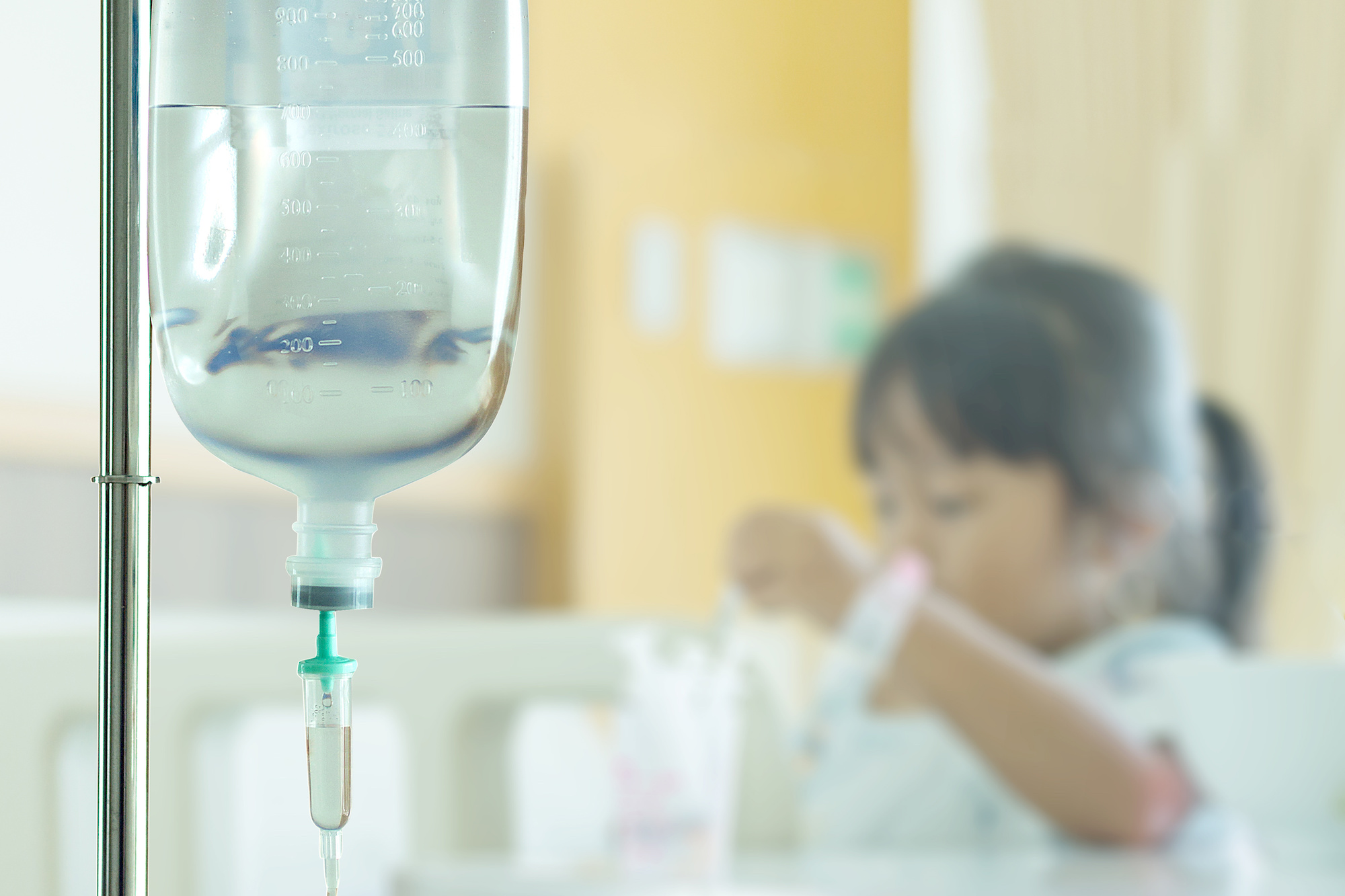

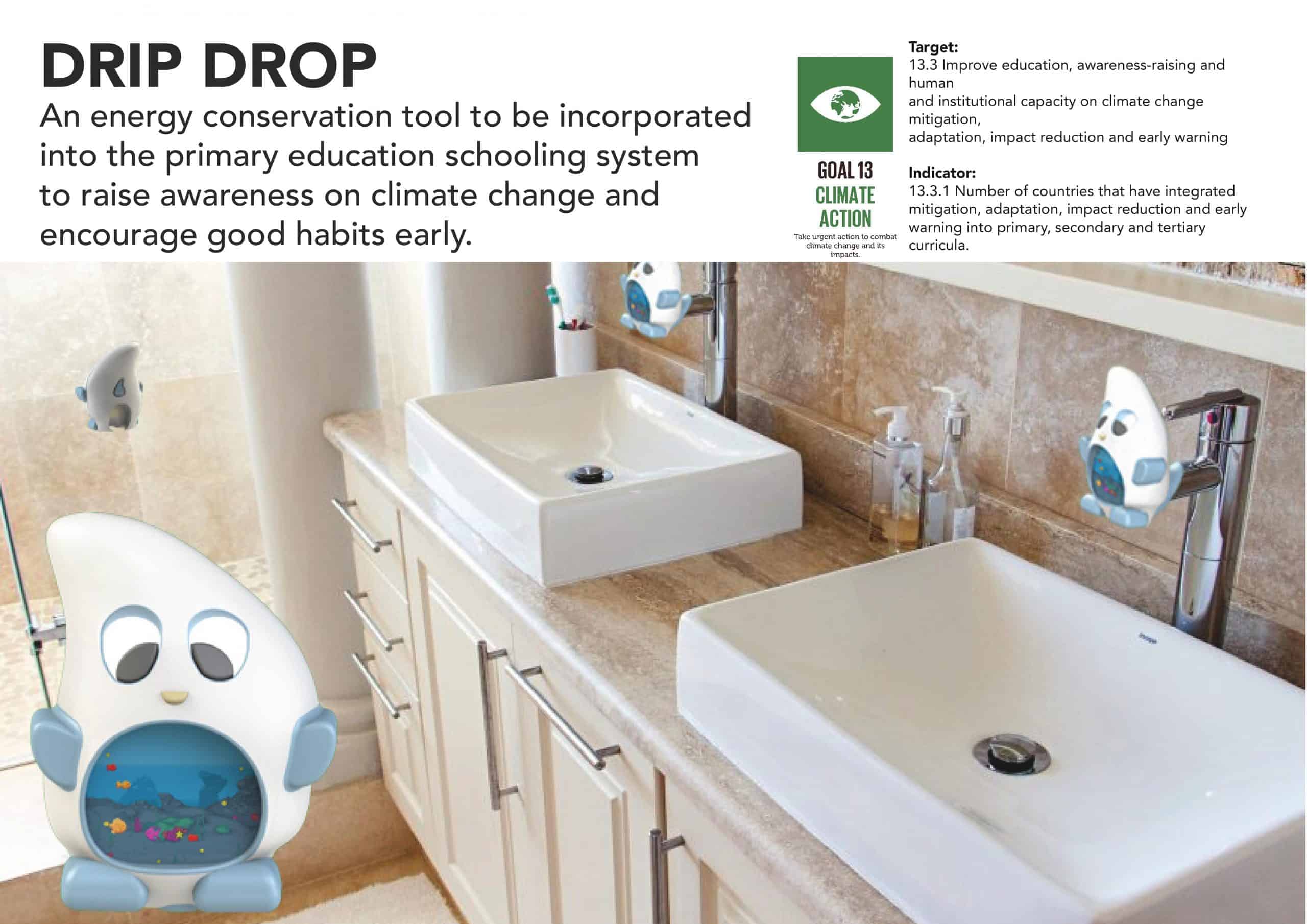
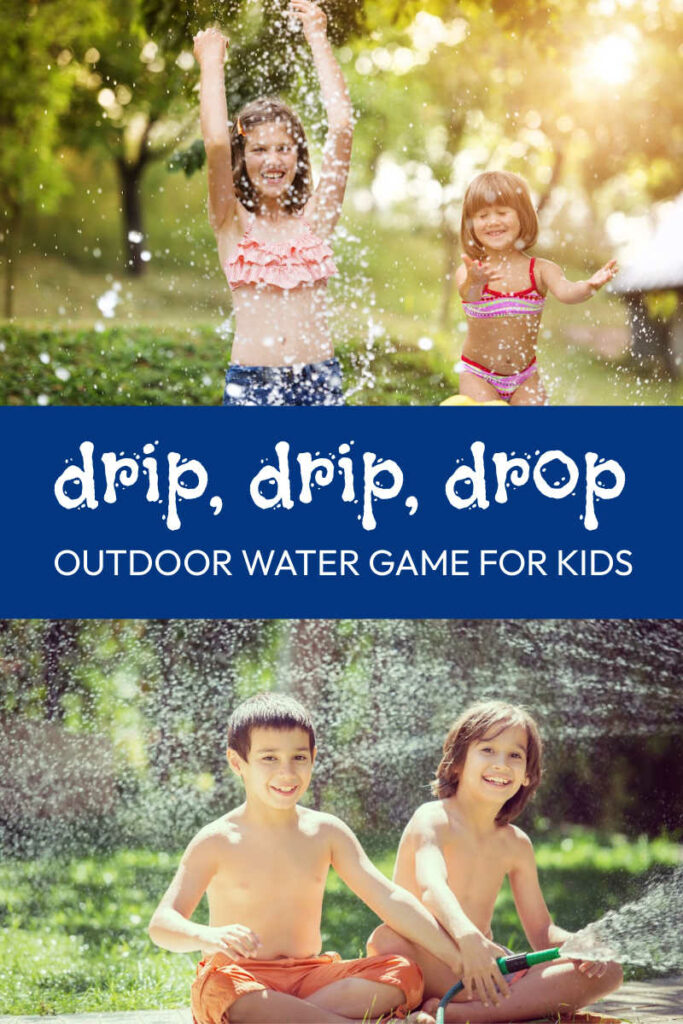

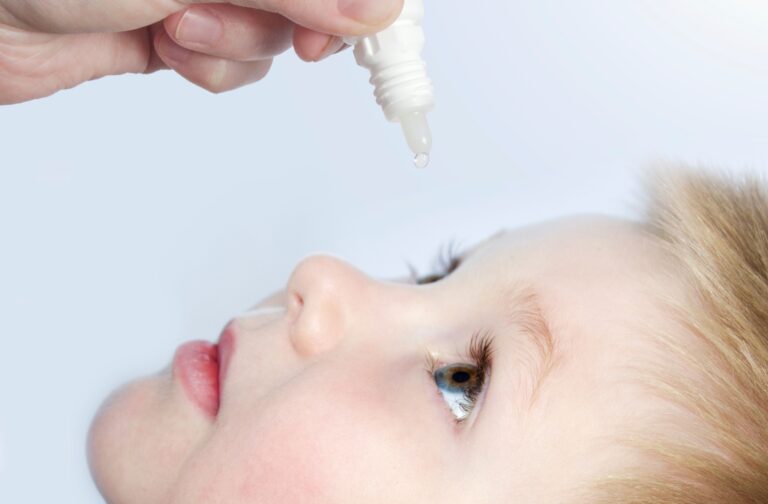
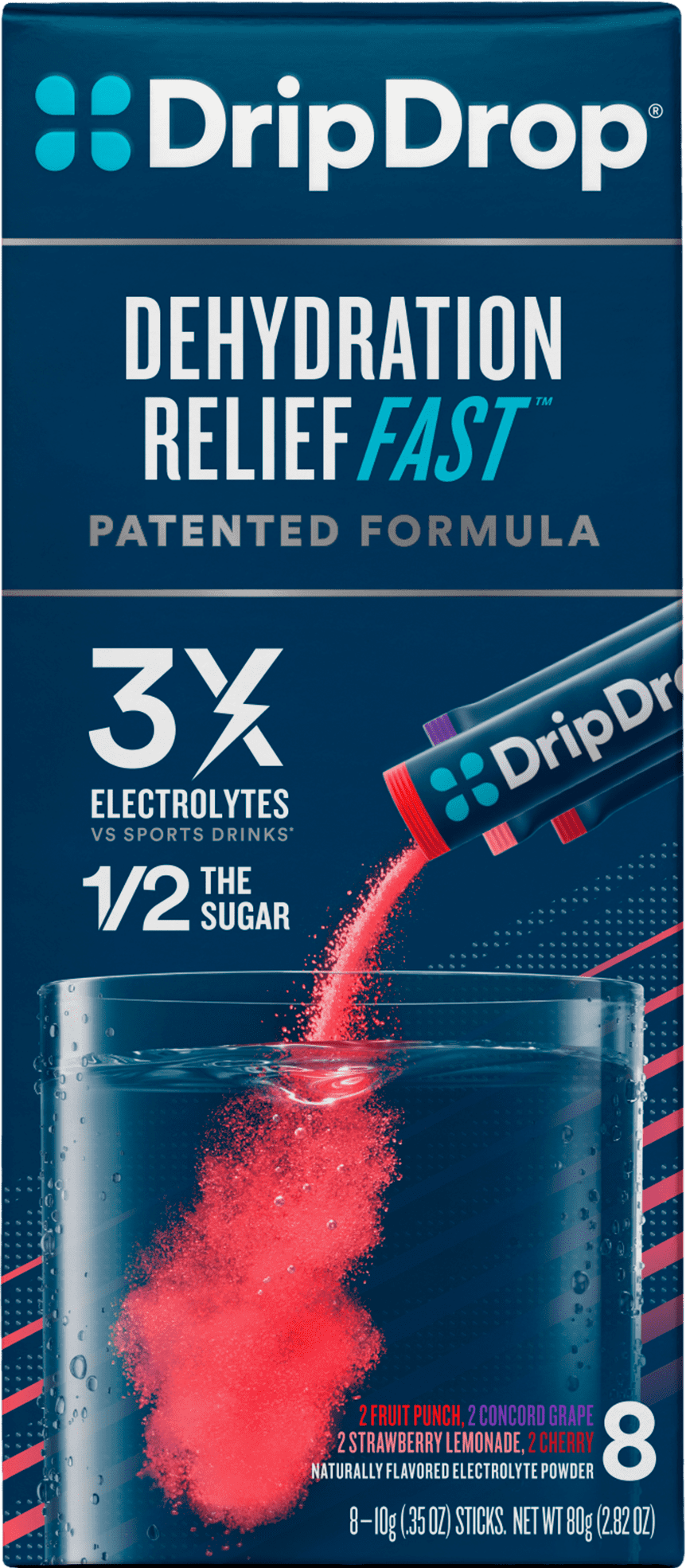

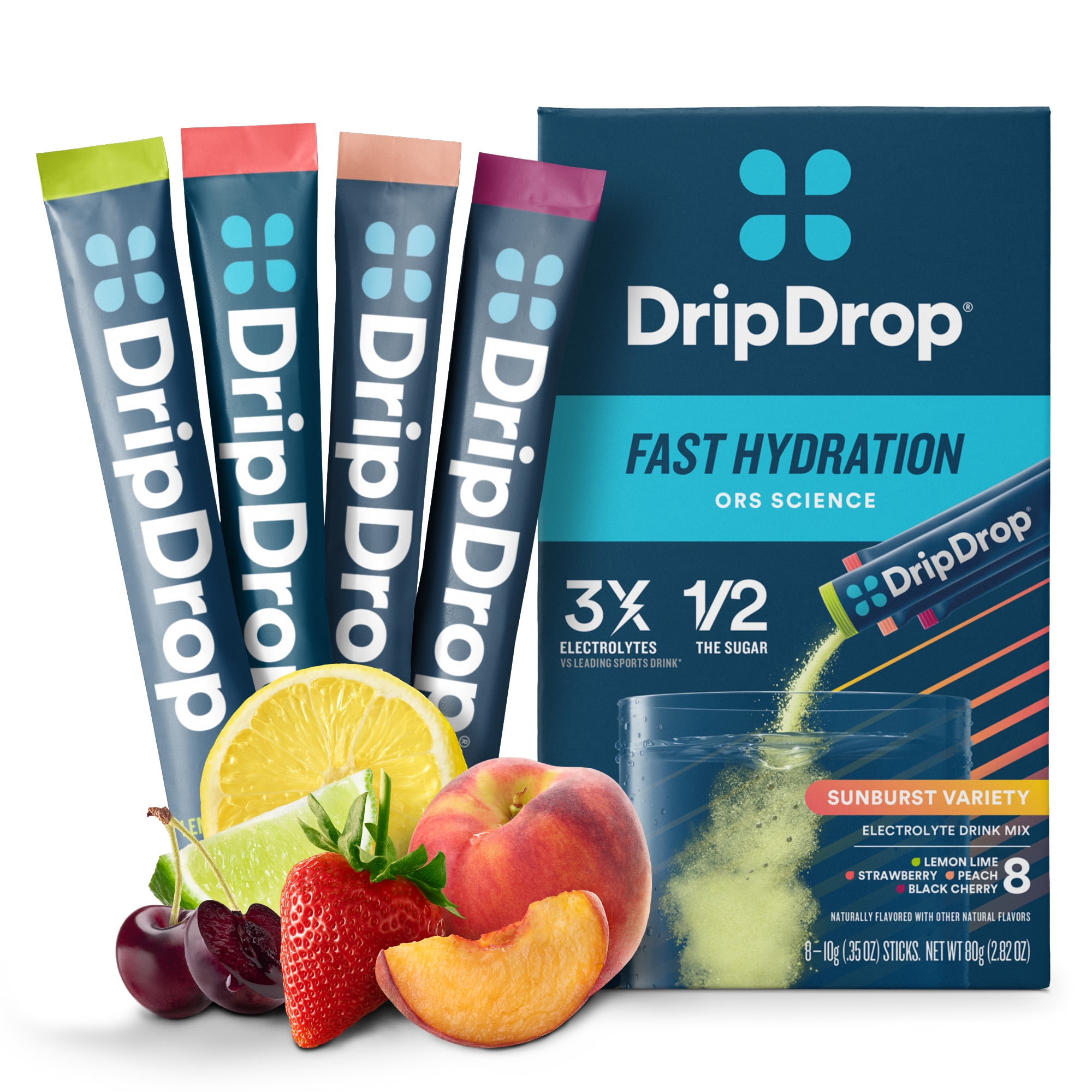


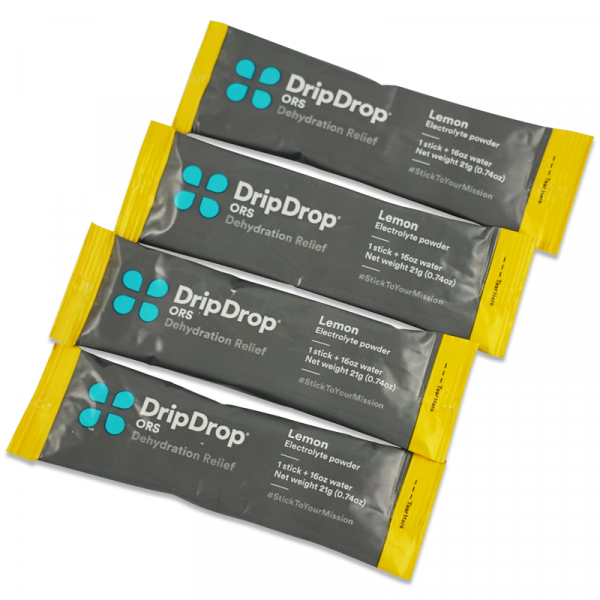
![Is Drip Drop Safe For Kids [😭NEW] Drip, Drip Rain Drop Tears! | Tell Me How You Feel | Baby Shark](https://i.ytimg.com/vi/hpQvGMqjxMA/sddefault.jpg)


